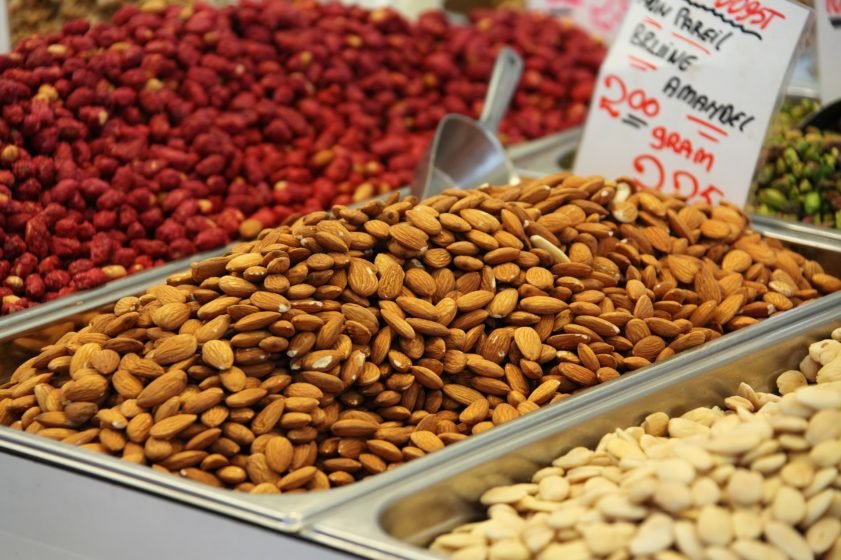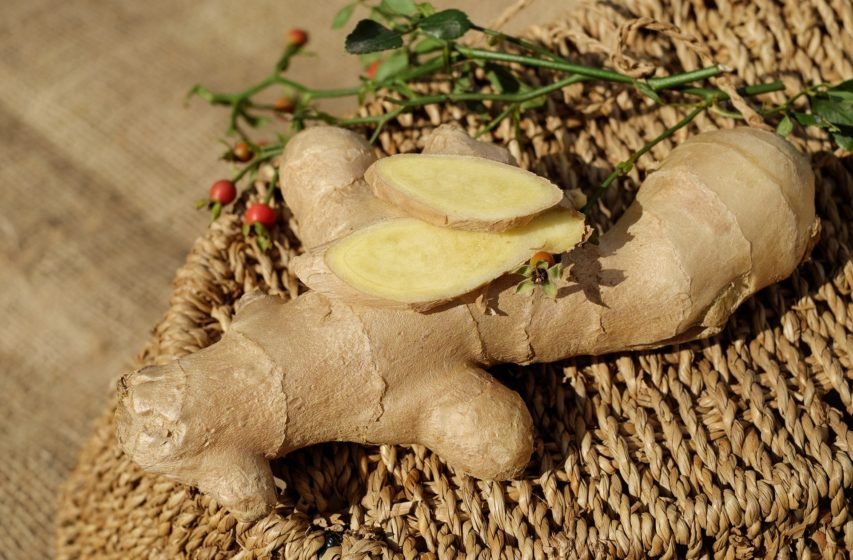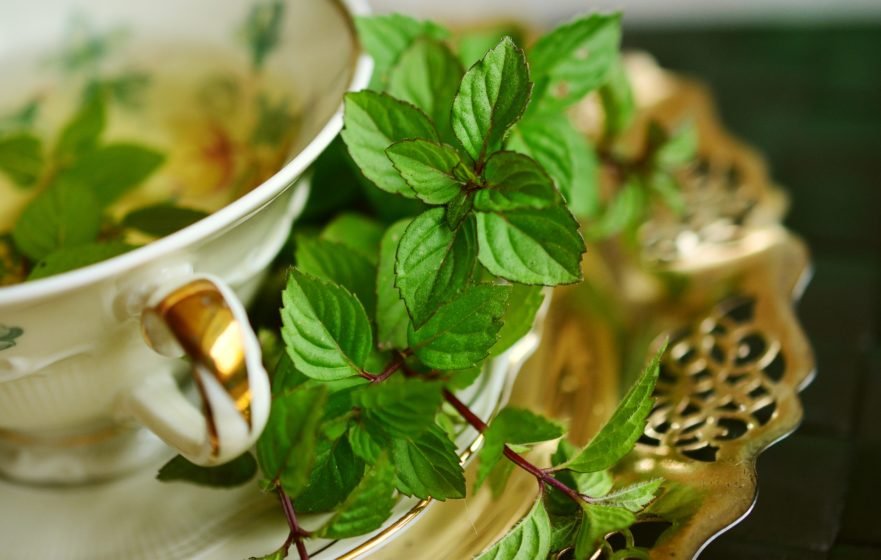Acid reflux is a burning, intense pain many refer to this as heartburn. Generally, the pain is localized around the lower chest area. It’s caused by stomach acid flowing back up into the food pipe. And it can be a nightmare to deal with the pain. When acid reflux occurs more than twice a week on a regular basis, a doctor will diagnose GERD, or gastroesophageal reflux disease.
However, with an acid reflux dietary modification, you can help to lessen the painful symptoms. For example, there is a wealth of healthy foods you can incorporate into an acid reflux diet. Additionally, there are a few acid reflux home remedies you can put to the test.
To avoid a flare-up, here is a list of 7 acid reflux diet foods you can try:
1. Kefir

While you want to avoid milk, ice cream, and other dairy products, kefir might be a good choice to lessen acid reflux symptoms. Kefir aids in digestion and soothing the digestive tract. Select a kefir that has live and active cultures that have been fermented for 24 hours.
2. Fermented Vegetables
Lactobacillus, commonly found in fermented foods, can be extremely effective as a preventative measure against heartburn. Try kimchi and sauerkraut!
3. Almonds

Almonds skins are known to settle down the stomach. They provide relief from indigestion and improve gut health.
4. Apple Cider Vinegar
This helps to balance stomach acid. Mix one tablespoon of raw apple cider vinegar with a cup of water and drink five minutes before eating.
5. Coconut Water
Coconut water, high in potassium and electrolytes, can help keep the body hydrated. Drink it throughout the day and drink a glass before bed to help keep symptoms controlled. Coconut water can also be made into kefir, which adds additional healthy probiotics into the stomach.
6. Green Leafy Vegetables
Aside from being packed with healthy nutrients, green leafy vegetables are easy to digest, which is perfect for keeping acid reflux at bay. You can also try cucumber and artichoke, both of which are alkaline.
7. Ginger

Taken in small doses, ginger can help alleviate symptoms of acid reflux. However, large quantities might make symptoms worse. Try a consuming a fresh, small cut of it once or twice a day.
While you’re incorporating acid reflux diet foods into your routine, remember that there are certain acid reflux foods to avoid. Eating them could possibly trigger a flare-up.
Here is a list of 7 acid reflux foods to avoid:
1. Alcohol

If you can’t do away with your favorite alcohol, then at least cut back. Consume small amounts only, and with plenty of water. Don’t consume alcholol close to bedtime or while eating other foods that can trigger a flare-up.
2. Caffeine
Coffee, tea and energy drinks can aggravate an inflamed esophagus and alter how the sphincter works.
3. Sugar and Artificial Sweeteners
Both can cause inflammation for many people. Furthermore, sugar can promote over eating and eating too quickly.
4. Processed Foods

Particularly, processed foods made with lots of salt, corn and potato. That means chips, crackers, and cereals. One Swedish study found that those who consumed a high-sodium diet have significantly higher rates of acid reflux.
5. Chocolate
Acid reflux dietary modification can be hard, especially if you have to give up chocolate! Nevertheless, many people find that cutting out cocoa from their diet helps improve symptoms. Most chocolate products contain fats, caffeine and sugar, making it one of the worst culprits!
6. Tomatoes & Onions
Although they are healthy in general, these produce items can trigger acid reflux symptoms. This is especially true when eaten in large amounts, such as in full servings of lasagna and spaghetti.
7. Mint & Peppermint

While some people swear by the cooling effect of mint for an upset stomach, when it comes to acid reflux you want to avoid it. Mint products seem to make symptoms worse. This is because they lower pressure in the esophageal sphincter, enabling acid to rise.
In addition to an acid reflux diet, there are several acid reflux home remedies you can try.
For one, be sure to chew your food thoroughly, and don’t rush the eating process. Eating too fast can cause a flare-up. Furthermore, avoid wearing tight-fitting clothes after meals.
Sleep on your left side, as well, and get plenty of exercise. When you feel an attack, don’t bend over—that will make it worse. You might try acupuncture to relieve symptoms. If you are a smoker, take measures to quit. Smoking is a big contributing factor to acid reflux.
With these acid reflux home remedies and diet modifications, you should soon find some much-needed relief from this painful condition. While drugs might help in the moment, don’t rely on them long-term. Lifestyle changes are ultimately what will stop symptoms.
Check Out Our Video on the Acid Reflux Diet
// <![CDATA[
adSlot.finalize(" ads');